Bill moves forward in state Capitol restricting public access to police body camera footage
MILWAUKEE -- A bill that would severely restrict when the public has access to police body camera video is moving forward at the state Capitol. The bill passed the Assembly's Committee on Public Safety in an 8-4 vote which went along party lines. Essentially, the legislation would make body camera video confidential with few exceptions. Body camera video was a key piece of evidence in the shooting of Sylville Smith by a Milwaukee police officer in August of 2016. When Milwaukee County District Attorney John Chisholm filed charges against the officer, Dominique Heaggan-Brown, he cited the body camera footage as the evidence that drove his decision. Video in similar officer-involved incidents would remain public under the bill. However, video showing the arrest of Kenneth Brown in August (a man later accused of abducting his daughter and taking her across state lines) inside a South Milwaukee home would be restricted.
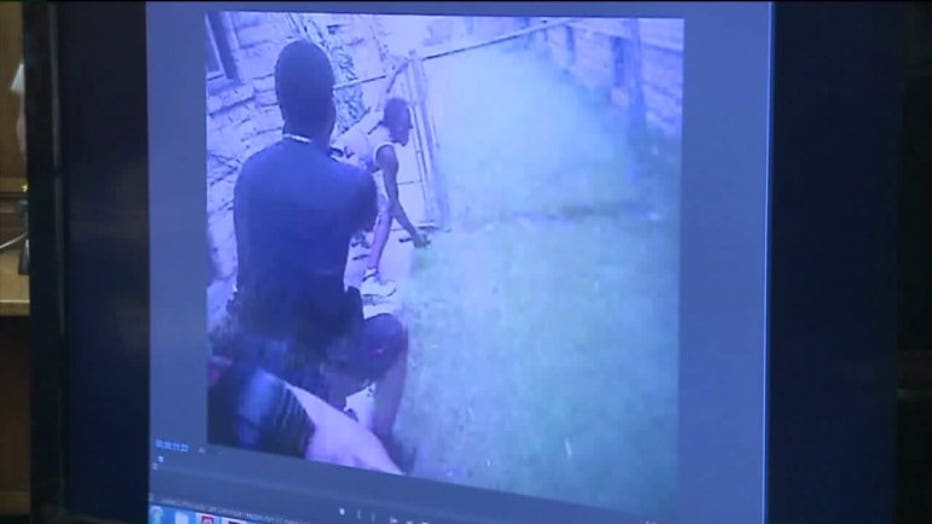
Body camera video -- Sylville Smith case
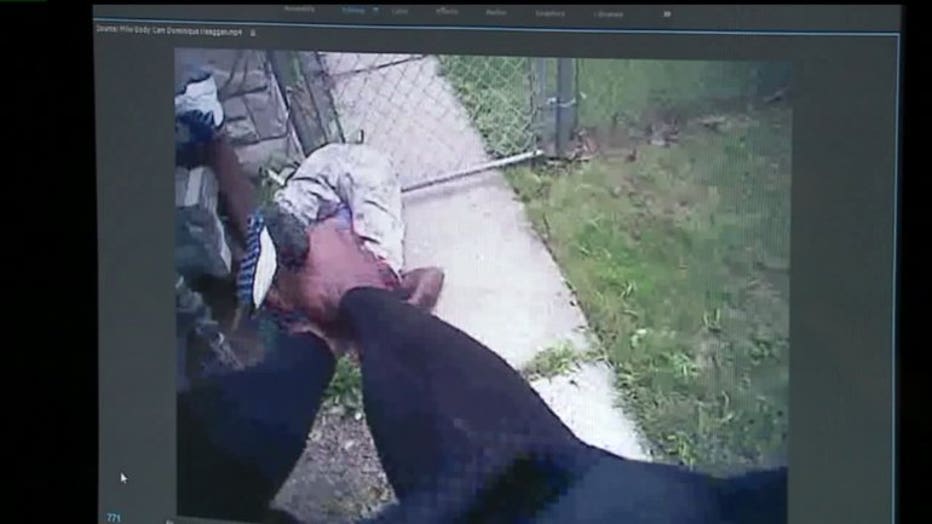

August arrest of Kenneth Brown
"Just because something is a government document doesn't necessarily mean it should be available for public viewing," said Rep. Jesse Kremer (R-Kewaskum). Rep. Kremer sponsored the bill. Under it, body camera video could not be made public unless the incident involved injury, death, an arrest, or a search.
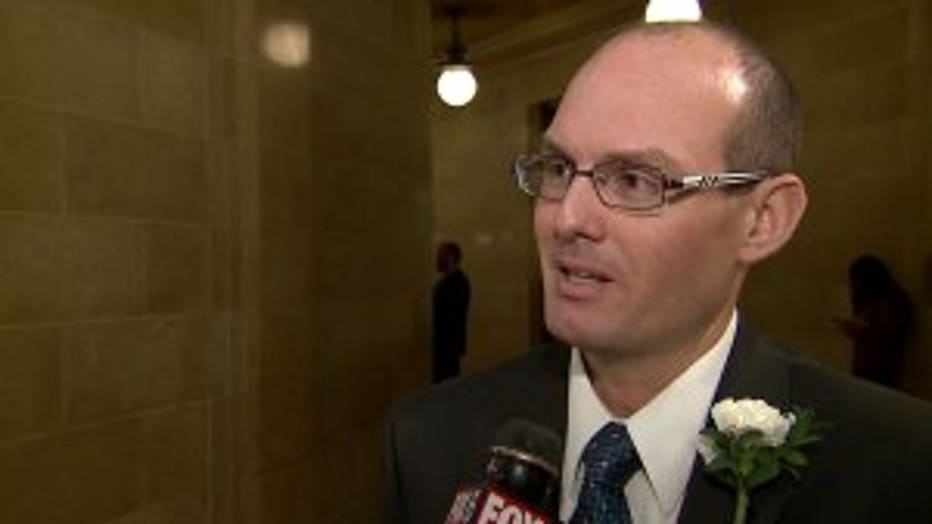
Jesse Kremer
Kremer said the bill intends to keep sensitive images from being released, such as responses to a sexual assault or crimes against children. "Do we want that kind of video being just thrown out the door and posted on the evening news or YouTube?" said Kremer. The bill's supporters also argue that footage recorded inside someone's home could be used by a nosy neighbor, or worse, a criminal using videos to case potential targets. "I'm alarmed by (the bill.) I mean, it raises the emotion in my chest like, 'whoa, you might have a problem here,'" said Michael Bell, a longtime police accountability activist.

Michael Bell
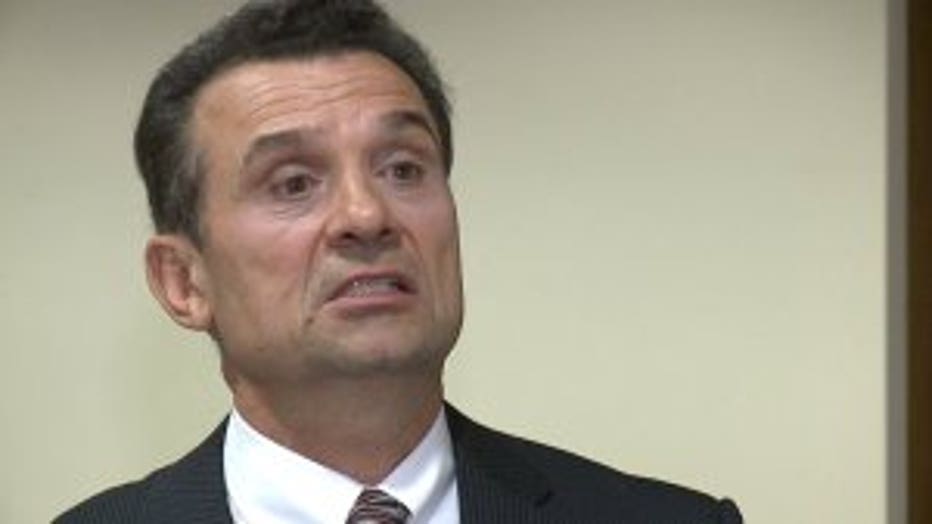
Michael Bell
Bell's son was killed by police in Kenosha 13 years ago. He said he supports some restrictions, but said the bill goes too far. "Lots of questions. It's just, the bill is too raw right now," said Bell. Even if an incident meets the requirements for release, if it happens in a private place -- like a home -- victims, witnesses and property owners must approve the release. Sources familiar with the bill's writing said that means a landlord could block the release of video from an incident involving a tenant. Or, if an officer pulled someone over, only to realize he knows the driver and lets that driver go without a search, that body camera video would be kept confidential.
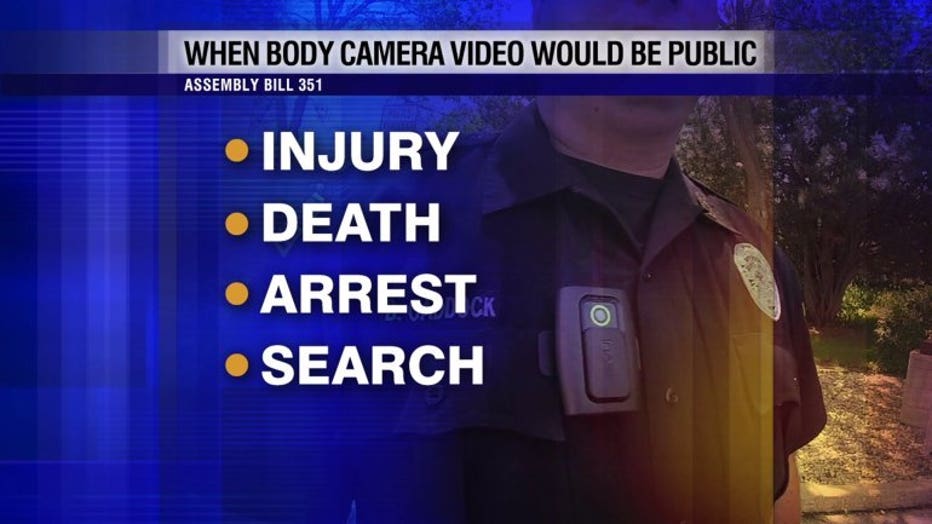
Kremer described the legislation as a starting point and would get sorted out over time. "Eventually, the courts are going to weigh in on cases, I'm sure, and we're going to come back and revisit this," Kremer said. Law Enforcement Response The state's largest police union, the WPPA, supports the bill. Its director, Jim Palmer, said a provision allowing departments to delete most videos after 120 days would be a huge cost savings. "We think the retention period provided in AB 351 is workable and will lead more agencies to implement body worn cameras in their agencies," Palmer wrote in a response to FOX6. However, Palmer said the WPPA agrees with critics who say the limits placed on when video could be made public, are too strict. "While it is our preference that the bill’s provisions on this issue be amended before it would become law, we will lobby to correct that the next legislative session in the event that doesn’t happen," Palmer wrote.

